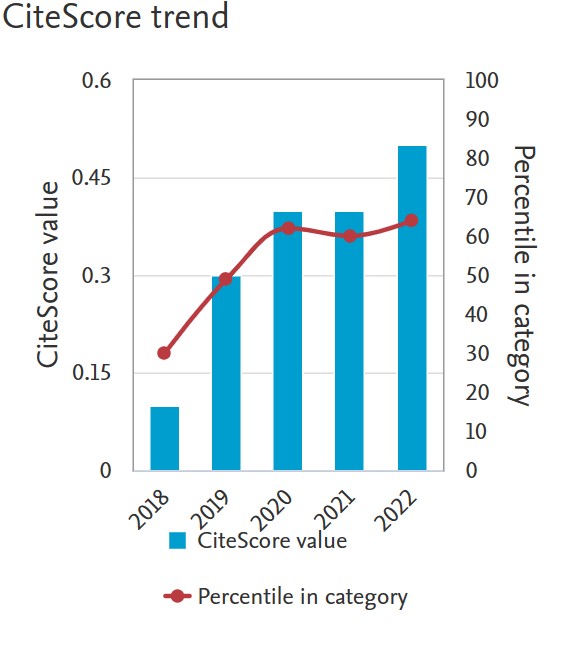“Physiological collectivism”: the origins of the Institute of Blood Transfusion’s ideas and their practical realization
Keywords:
A.A. Bogdanov, collectivism, general organized science, “Superman”, “physiological collectivism”, blood transfusion, fighting with old age, Institute of Blood TransfusionAbstract
"Physiological collectivism," a method for creating the "new man," was developed in Russia during the 1910s and 1920s. It served as a pretext for organizing the first Institute of Blood Transfusion in the USSR, with physician, philosopher, and political activist A.A. Bogdanov (1873–1928) as its first director. Bogdanov’s idea of "physiological collectivism" emerged from a vision for a socialist society based on universal unity and equality. He argued that the key to sustained and stable societal development was "collectivization," drawing on his own theory of "universal organized science."
However, revolutionary experience demonstrated that unifying various class representatives was impossible without establishing a common organizational mindset and significantly changing and unifying citizens' consciousness. Bogdanov proposed a unique opportunity for biological unification through his method of "exchange blood transfusion," which drew from the philosophical concepts of E. Mach, W. Ostwald, R. Steiner, and N.F. Fedorov, as well as data from biologists and geneticists. The phenomenon of conjugation in its simplest form supported philosophical constructs and allowed Bogdanov to propose a mechanism for transferring experience between generations. Announcements from Soviet geneticists claiming the inheritance of acquired characteristics lent further support to his theory.
Thus, "physiological collectivism," or the exchange of blood among the people to "reinforce each body along lines of weakness," was developed by Bogdanov as an effective means of building socialism. The creation of the Institute of Blood Transfusion resulted from an interdisciplinary synthesis of philosophy, natural science, and social ideas from the late 19th and early 20th centuries.
Downloads
Downloads
Published
Issue
Section
License
You are free to:
- Share — copy and redistribute the material in any medium or format for any purpose, even commercially.
- Adapt — remix, transform, and build upon the material for any purpose, even commercially.
- The licensor cannot revoke these freedoms as long as you follow the license terms.
Under the following terms:
- Attribution — You must give appropriate credit , provide a link to the license, and indicate if changes were made . You may do so in any reasonable manner, but not in any way that suggests the licensor endorses you or your use.
- No additional restrictions — You may not apply legal terms or technological measures that legally restrict others from doing anything the license permits.
Notices:
You do not have to comply with the license for elements of the material in the public domain or where your use is permitted by an applicable exception or limitation .
No warranties are given. The license may not give you all of the permissions necessary for your intended use. For example, other rights such as publicity, privacy, or moral rights may limit how you use the material.











